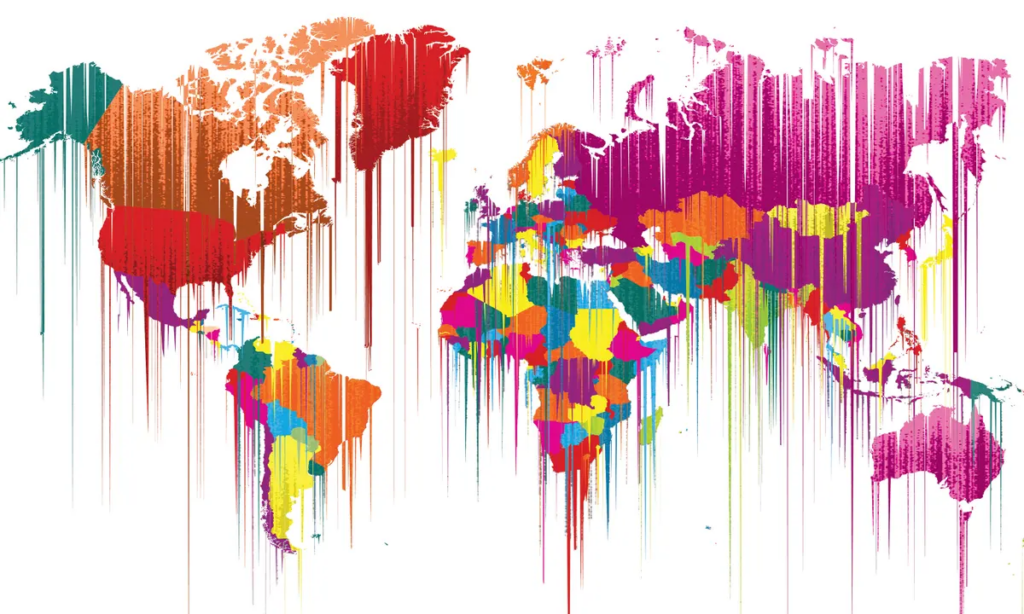
Marv Wheale
One of the main functions of the nation-state and its layers of government is to protect private property rights, at least for those with adequate income to afford property. Nonhuman animals are embedded in the private property regime. The state treats them as somewhat dissimilar to owning inanimate assets through the exercise of anti-cruelty laws.
The animal rights movement attempts to change the property status of animals to those of persons. The trouble with this line of activism is that even if animal property law could be undone most animals would still have lower-class status. The state would continue to allow these inferior animals as food while maintaining humane treatment stewardship laws. No laws would be enacted to prevent human animals from utilizing such animals because of the state’s obligations to cultural speciesism and capitalism’s animal agriculture and processing industries.
By comparison, state-legislated eradication of capitalism’s labor exploitation would not end the subordination of labor to capital in the workplace. Adequate pay and working conditions would put some limits on employers but not permit full democracy on the job. The class structure of capital – the owners of production – which makes labor produce surplus profit for bosses, holds fast. Capitalist-state altruism to other animals discloses a similar inequality.
This doesn’t mean ending the private property position of animals is unimportant. It indicates we are prone to distorting what can be done by state reforms (one step at a time ideology) in the liberation of animals.
For at least several reasons, the state by its very creation is not a neutral mediator that can be swung in any direction. For one thing, it has often formed from the theft of Indigenous peoples’ land subordinating their authority in political decision-making. Second, the state is integral to reproducing capitalism and with it, the cultural customs of meat, dairy, eggs, and other animal uses no matter which political party is elected. More, the state is a male fabrication that depends on controlling women’s bodies to populate the nation and sustain capitalism by giving birth and providing childcare to prepare future workers for the citizenry and economy.
Thus the state can’t be carried over to an equality-based society. We have to conceive of abolishing the state – similar to what was done to feudalism and monarchical rule in many parts of the world – not making it nicer while leaving the underlying burdensome structures intact.
On the other hand, we can’t simply theorize to replace the state with organized free associations. Human-animal dominance, male authority, white primacy, colonization, economic classes and ableism could easily be carried over from the former system by habitual conscious and unconscious attitudes/ways when organizing new paradigms. A vegan feminist democratic framework for leveling hierarchies is essential to overcoming these injustices because it openly rejects them as nonstarters in the design process. Vegan feminism always cautions against working to halt human-animal imperialism in isolation of class, male, white, abled, gender binary, and heteronormative dominance. Many other social movements don’t have this expansive grasp of reality.
Vegan feminism also sees the various structures of inequality within any given nation-state as connected to the multi-state apparatus. States are not self-sufficient. They depend on other states to cooperate, have a rule of law and advance trade in the global market. Though some states have more power, they all mediate nationalism, internationalism, war/imperialism and capitalist accumulation across the earth. They provide the official legal framework for organized violence against animals and human animals.
Since state power operates internationally, worldwide solidarity must be imperative to our politics of total liberation, with special attentiveness to major state powers. The cessation of animal subjugation, oppression among human animals, wars and ecological collapse depends on it.
Clearly, the end of states is unattainable at present. It requires long-term and complex collective work. For the short term, the best that we might be able to accomplish is to simply raise awareness through the channels available to us learning praxis as we go.
*For a broader and more intricate scrutiny of state structure see Toward a Vegan Feminist Theory of the State by Dr Corey Wrenn
